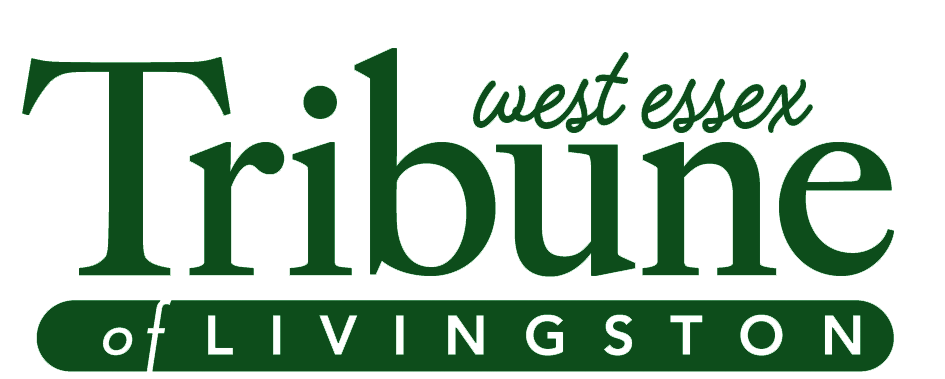Affordable Housing
With the approval at last week’s Township Council meeting, Livingston’s fourth round obligation under Fair Share Housing, which runs for the next ten years, has officially begun. The town submitted a figure of 407 affordable units, which was modified to a lower number after consultation with a planning company. The state Department of Community Affairs (DCA) originally submitted a calculation of 461 affordable units for Livingston to build.
Subtract the 124 units that will “carry over” as credit from the third round following a settlement involving use of part of the Livingston mall for housing, and that would bring the total to 283 affordable units. Given that for every one affordable unit, developers typically make four more at market rate, that would mean there would be roughly 1,415 units coming into town. These would need to be approved over the course of the next ten years, so officials will be able to take their time and find the best possible way to incorporate them; they will not need to rush to the finish line, as was the case with the third round. These numbers are far from final, as well. It is possible that the DCA does not accept the lower number, and it is also possible other settlements result in a lower amount of units required by Livingston, as other municipalities (such as, potentially, Montclair, which currently has no affordable housing obligation in the fourth round) are required to pick up some of that slack.
We are grateful that the Council and town officials appear to be doing what they can to get Livingston through the next ten years of this process in the best way possible. Consultation, planning, and foresight will make this difficult situation a little more tenable; it is clear that not every municipality in the state has been as prepared. Livingston has certainly learned from the challenges experienced in the third round.
Just because the town has a grasp on its situation, however, does not mean that officials should stop fighting for changes to the system in Trenton. They absolutely should, as the current Fair Share Housing setup has many issues. But while township officials should continue to fight for residents, they will not magically make these numbers disappear. Hundreds of affordable units will lead to over a thousand total units over the next decade. This appears unavoidable, and it is not being handled lightly; the process appears to be being conducted in a way that gives Livingston the most possible control over a challenging task.
The third round of affordable housing was a bit of a disaster. The numbers assigned by the state were excessive, and Livingston left a lot of the work in fulfilling its requirements for the final few years. The result of this felt like a constant barrage of new construction approvals that appeared to threaten the character of the community.
We are pleased to see a more proactive approach is being taken in the fourth round. Getting ahead of things early will give decision makers more optionality. They can afford to be a little more selective in what gets pushed through, since it will (hopefully) not all need to be addressed in the final few years of the round.
Yes, there will still be unpopular decisions in the coming years that will anger residents, as their neighborhoods are threatened with change. We will not blame people who are upset when these things happen. Some square pegs are going to be forced into round holes, and certain residents will shoulder more of the burden than others. It is not fair, and the frustration that comes will be understandable.
One thing we ask, though, is to place that consternation on the correct institutions. The town has no choice but to follow these state directives. While the Council should certainly listen to its constituents and shoulder some of the criticisms that come with their decisions, we feel the anger should be more squarely placed on the state, the DCA, and Fair Share Housing. These are the groups that are forcing these oversized housing complexes onto undersized lots in Livingston.
This is where we state our typical disclaimer: While every implementation of it is not perfect, affordable housing, in and of itself, is certainly not bad. When it is being used not to force unwanted development, but rather for its basic purpose of helping those in need afford the living spaces they deserve, it is an example of good governance at work. But despite the noble intentions at the root of affordable housing, a very flawed, at best (broken, at worst), system has been created to support it in New Jersey. Livingston’s Council and administration are doing their best for residents to navigate it, and based on the initial steps taken in the fourth round, we believe they are doing as good a job as can be expected, given the circumstances.


